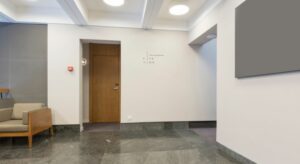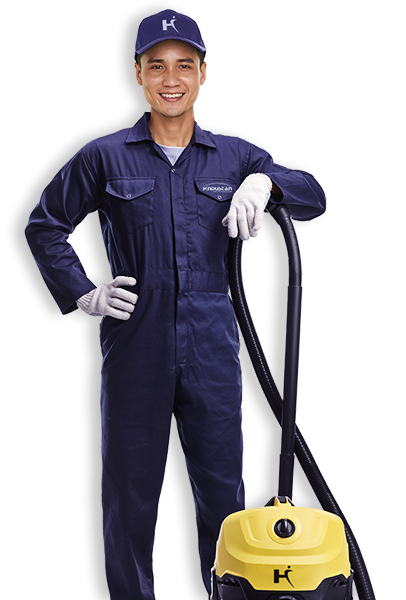The abbreviated term TQM refers to Total Quality Management. Whenever there is any business or organization, whose primary objective is to gain customer satisfaction by providing the desired amenities, they should concentrate their entire actions on improving facilities and that too, in a holistic fashion. The wholesome management of all such facilities can be deemed as TQM.
This is particularly applicable for the hotel and hospitality industry where every inch of amenities are examined meticulously and minutely by the guests. Any fallacy or shortcoming would lead to bad reviews and dissatisfaction of the customer. Ultimately, all of these negativities would converge into a cumulative loss of revenue.
Hospitality industry standards :
The hotel and hospitality standards have mounted above soaring heights, and the guests opting for a particular hotel or residential lodge thus expect high standards of amenities being provided to them. These would invariably include the cleanliness of the place as the most prioritized facilities.
Not only the presence of dirt, dust, pathogens are harmful to the health of the personnel in charge of the services, but might also cause health problems, irritation, inflammation and the like for the guests. An unclean lobby, shabby rooms, dust-laden carpets are indeed visually repulsive and hence would definitely affect the business in a negative way. It might be that the dissatisfied customers never visit the place again, but might also provide feedback and reviews about the location which would further discourage other people to choose this place as their favored hotel.
Handling of customer complaints :
Guest satisfaction is the primary objective of the hospitality industry, every person involved in the management and operations should tend to all the problems faced by the guests as well as tend to the specific complaints as lodged by them. The complaints lodged vary from malfunctioning electronics and entertainment options to washroom equipment that may be out of order. Unclean washrooms and carpets are considered extremely obnoxious whereas unclean curtains, bed fittings, as well as upholstery, would also magnify the grievances of the guests and clientele.
Service recovery is an integrated part of TQM :
The hospitality industry is classified into two broad categories. One is Guest Acquisition and the other is Guest Recovery. Both processes are mutually interdependent. For example, if it can be assumed that guest acquisition has been done fruitfully, then it can be further assumed that provision of the expected or even better amenities would guarantee Guest Loyalty.
But if the customers and the guests have complaints, then the authorities should be promptly catering to those complaints by providing smart and innovative solutions. It is imperative that no organization, operating on this front, should ever leave an angry or dissatisfied customer unattended. Their complaints should be clearly listened to and fast actions should be taken so that their experiences are not marred. Rather their experiences outshine their expectations. This procedure is known as Service Recovery and it is one of the most important components of fortifying Guest Loyalty. This would also ultimately lead to Guest Recovery if the facilities provided from then onwards keep on supplying a sense of gratification to the customers.
All these processes are inherent to TQM. Hence the entirety of the Quality of the amenities provided by a hotel or hospitality industry should be properly checked, rated, reviewed by professionals, maintained and managed regularly by experts before the procedure of guest acquisition even begins; so that ultimate customer satisfaction is guaranteed.


